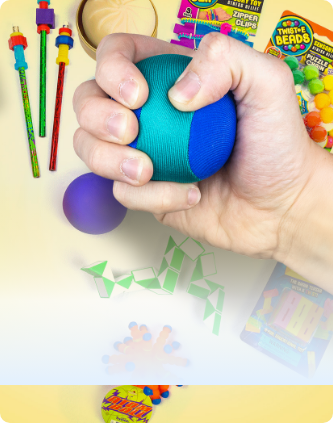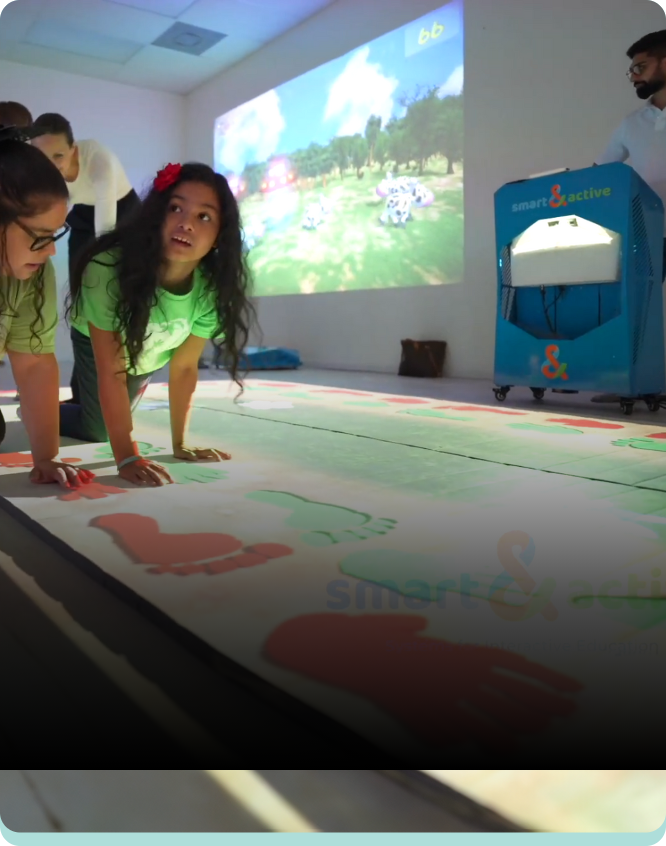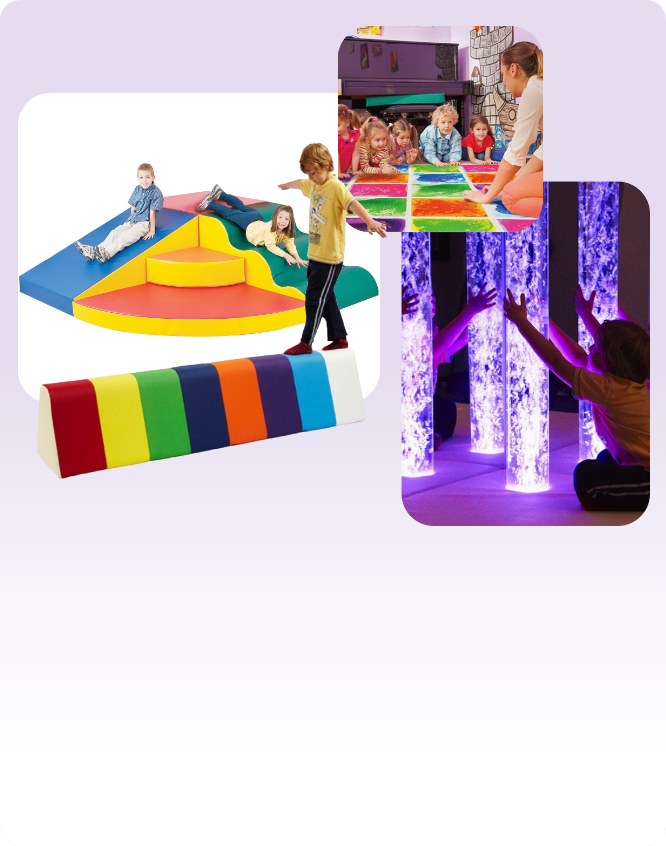Kids on the autism spectrum often have difficulty interacting with their peers and making friends. They often lack basic social skills which can lead to lots of social problems. The good news is research has shown that children on the spectrum can learn social skills. This is especially true when they are given the chance to play and learn from typical peers.
Playing with Peers to Develop Social Skills
One of the best ways to learn social skills is to imitate them. While a parent or therapist can be very effective in providing direct instruction, research has shown kids must have time to practice the social skills they are learning with typically developing peers. When a child with autism is talking, sharing, playing and learning with typical peers they are given the chance to learn typical social skills. At home parents can host playdates with classmates and neighbors to provide their child with valuable social practice. At school many therapists and teachers have found hosting playdates during recess to be effective.
Prepare for the Child Ahead of Time
- Before the playdate come up with a schedule. Decide what will happen and in what order. Some games are fun for typical peers and also teach social skills, our favorite is the Blunders game.
- You may want to schedule a special snack break and decide which snack will be offered. Also include clean up time this can help the child on the spectrum to prepare themselves for the end of play time. It may be helpful to write this schedule down so the child can check items off the schedule during the playdate.
- Write a social story to prepare the child for the upcoming playdate if you are concerned about a specific skill.
- Social Stories are short stories that teach a specific social skill. A social story addresses one situation a child is struggling with then provides a positive way to deal with the social issue. When writing a social story make sure to include helpful social cues the child can look for the next time they encounter the situation, how the child should respond socially and why. The purpose of a social story is to prepare someone for a positive social interaction by helping them understand the social situation and feel more comfortable.
- If there are toys that are difficult for the child to share put them away before the playdate begins. Many children on the spectrum have a very strong interest in a particular subject and may develop a strong attachment to a particular item. Initially you may not want to work on sharing this type of item.
- Dont make the playdate too long. If hosting this in the home, one to two hours is fine, its best to have social success and leave both children wanting more time together.
- Keep it small one friend at first is best. Remember if you invite more than one child the social interactions will become more complex. It will be harder for the child with autism to engage socially with their peers.
- Choose activities the child enjoys and is competent in. Now is not the time to learn a new game, or skill. Remember the child will be in the process of learning social skills! If the child feels successful there will be less frustration which will keep the focus on social skills training.
- Prepare for the end of the playdate in advance. No one likes to end a good time! Practice with the autistic child ahead of time how the playdate will end. Have a reward or incentive waiting for them after their friend leaves. Did everyone have a good time? Then your social skills training was a success - celebrate it!
What to Do During the Playdate
- To help the child prepare for final transition give a 5 to 10 minute warning that the playdate will end. Remember transitions can be hard for kids on the spectrum. You want social success and you want the peer to come and play again. Nothing is worse than ending the time together with a meltdown.
- Observe the child's social behavior so you can determine what needs to be worked on. Take notes so you can address specific skills later on.
- Provide assistance as necessary, but try to be a background observer. Remember no one likes to be corrected in front of others. You can work on social skills training after the childs friend has left.
- Establish a relationship with the typical peers parents. Learning social skills is a process. An autistic child may make several social mistakes during the play time. Thank the parent for allowing their child to tutor the child with autism and assure them that you are working with the child to help them grow socially.
- After the guests leave, send the parent a quick email thanking them for coming.
Social skills are complex skills that need to be practiced. Dont be discouraged if the child makes lots of mistakes during the playdate. The best way to learn is to address specific skills one or two skills at a time. Over time the child will develop a variety of skills that will help them learn to build friendships and deal with more complex social interactions.






